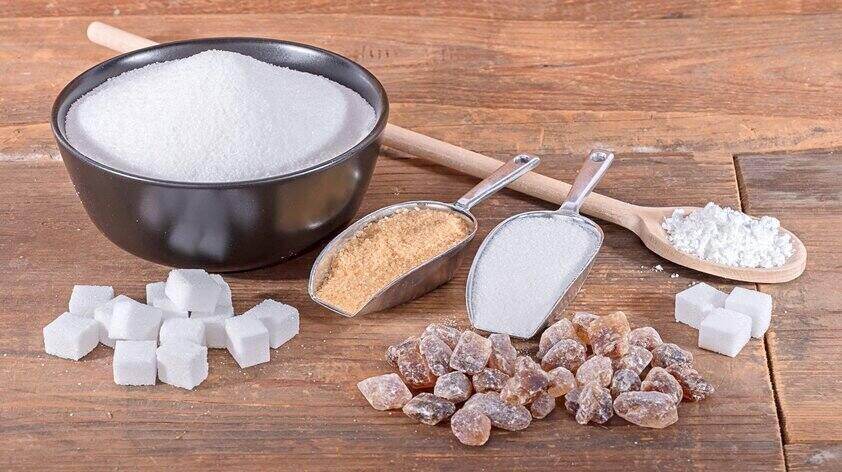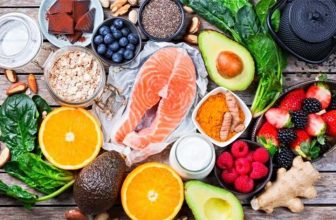
With the recent launch of the government obesity strategy, it follows that we should all be more mindful about the foods we’re consuming. One particular issue is our sugar intake, as these often exceed the recommended daily allowance. Adults should be aiming to consume less than 90g of sugar daily, and this includes sugar from milk, fruits, vegetables and added sugar. However, the choice isn’t just limited to table sugar when it comes to sweetening foods. Read on to discover more in Sugar vs Sweetener: Which is Better?
Table Sugar
When sugarcane is harvested, the cane juice is extracted and crystallised into raw sugar. This raw sugar is then refined to form the table sugar we all know so well. You’ll find it added into baked goods, hot drinks and confectionery. As tasty as it might be however, each teaspoon of sugar contains around 16 calories. So, if you’re looking to lose weight, sweeteners might be a better alternative.
Artificial Sweetener
Artificial sweeteners are low calorie, or even calorie free, chemical substances that are used in place of sugar. There are many different options available, and these vary in sweetness and price. For example, sucralose, often sold under the brand name ‘Splenda’ is 600 times sweeter than sugar, whereas saccharin, often sold under the brand name ‘Sweet’N Low’, can vary between 200 – 700 times sweeter than sugar. As these sweeteners are all chemically derived, they pass through the body largely unchanged.
Natural Sweetener
Natural sweeteners are those derived from a natural source, such as plants, without having chemicals added to them. Examples include honey, agave and maple syrup. The bad news is that just because something is natural, doesn’t qualify if as being healthier. As a matter of fact, a teaspoon of honey contains an additional 5 calories to a teaspoon of sugar. However, they can still provide a great solution if you want to consume foods with a lower GI.
Why not take a look at ‘5 Great Sugar Alternatives’ to find out more?
The Verdict?
Natural and artificial sweeteners both have their benefits and individual uses. For example, natural sweeteners might be more appropriate for your morning porridge, whilst table sugar might be more suitable in baking. You’ll also find natural and artificial sweeteners to be sweeter than sugar, so you can use less to get a similar effect. Regardless, try to opt for naturally low sugar options, and be mindful of foods which may contain high levels of hidden sugar.









